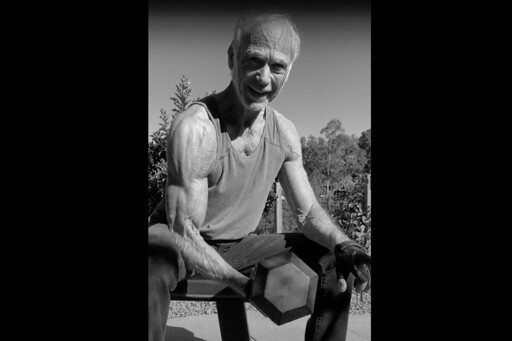Founder’s Briefs: An occasional series where Mongabay founder Rhett Ayers Butler shares analysis, perspectives and story summaries. In the United States, there are few things more American than ice cream. And few names more synonymous with it than Baskin-Robbins. The company’s pastel storefronts, pink spoons and 31 flavors became part of the cultural wallpaper. John Robbins could have had it all: the corner office, the yacht, the financial security to outlast a dozen lifetimes. But in 1969, aged 21, he walked away from the empire his father had built — from the money, prestige and his presumed inheritance — and never looked back. What he chose instead was harder, lonelier and, ultimately, far more consequential. Robbins spent his life not selling sweetness, but questioning its cost. In Diet for a New America (1987), he indicted industrial food systems for harming not only the human body but also animals, ecosystems and the planet itself. At a time when vegetarianism was fringe and veganism rarer still, he made the case — calmly, clearly and persuasively — that what Americans ate was making them sick, and that a different way was possible. The message gained traction. EarthSave, the nonprofit he founded in 1988, helped catalyze a growing awareness of food’s ethical and environmental dimensions. His son, Ocean, co-founded the Food Revolution Network with him in 2011. By then, the elder Robbins had become one of the most respected voices in the plant-based movement — a position earned not by bluster but by consistency,…This article was originally published on Mongabay
From Conservation news via this RSS feed


